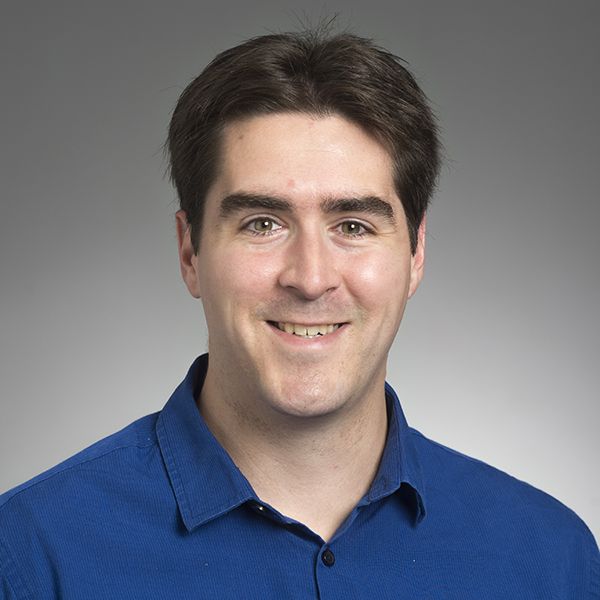Fang, Pfenning Receive NSF Career Awards
Aaron AupperleeWednesday, May 19, 2021Print this page.

Nearly $1 million in recent funding from the National Science Foundation will allow Carnegie Mellon University School of Computer Science faculty members Fei Fang and Andreas Pfenning to dig deeper into their fields of study.
Fang, the Leonardo Assistant Professor in the Institute for Software Research, and Pfenning, an assistant professor in the Computational Biology Department, recently received NSF Faculty Early Career Development Program (CAREER) awards — the foundation's most prestigious for young faculty members.
Pfenning's research will explore why vocal learning or mimicry is found in some species and not others. Humans, birds — most famously, parrots — whales, dolphins, and some species of bats and seals can hear a sound and mimic it. It is how humans learn to talk and other species learn to communicate with each other.
As head of the Neurogenomics Laboratory, Pfenning will work with his team to examine on a molecular level the cell types that make up a region of the brain associated with mimicry and the regulatory elements within the cells that tell the genes what to do. They intend to build computational methods to better understand how these cell types evolved and develop machine learning approaches to trace both the evolutionary history of the genes and the genome's regulation of them.
Pfenning said the work could lead to a better understanding of human speech disorders and further answer the question of why and how humans — or any of the species studied in his research — evolved the way they did. To complete this work, Pfenning and his team will lean heavily on the mapped genomes of the Zoonomia Project. Pfenning's lab is part of the team of scientists that have mapped 240 mammalian genomes as part of the project."We want to know the genomic differences between the species and how those differences lead to differences in behavior," Pfenning said. "Now that we have all these genomes, what can we do with them, and how can we use new computational methods to learn new biology?"

Fang will use her award to build on research that integrates game theory with machine learning to optimize communication and coordination to tackle real-world problems. Specifically, the NSF-funded research will examine scenarios where multiple agents with their own goals and preferences work together, like the collaboration between law enforcement agencies and local communities to protect wildlife from poachers.
"I hope that we can get a better understanding of the fundamental limits of communication and coordination in these multiagent scenarios," Fang said. "I also want to develop scalable and practical algorithms to help the agents reach those limits."
Fang will continue her work to stop poaching, this time examining how to incorporate into the scenario informants who might provide useful or misleading information to rangers in order to benefit the rangers or poachers. Fang will also look at ways to optimize communication from a platform to its users. One example of that work is how 412 Food Rescue, which seeks to reduce food waste by connecting extra food from stores and restaurants to places in need, can better notify and mobilize its volunteers to shuttle that food from one place to another.
Finally, Fang intends to look at systems that use correlated equilibrium as a communication model, where a mediator communicates privately with multiple agents to produce the best outcome. This could be a situation where an automated traffic monitor provides directions to autonomous vehicles approaching an intersection from different directions to ensure they pass safely and efficiently.
"I imagine this will become important in the future," Fang said.
Ding Zhao, an assistant professor in the Mechanical Engineering Department with a courtesy appointment in the Robotics Institute, also received an NSF Career Award to better understand the safety of artificial intelligence autonomy systems and design new theories and tools to develop better evaluation procedures.
Aaron Aupperlee | 412-268-9068 | aaupperlee@cmu.edu
